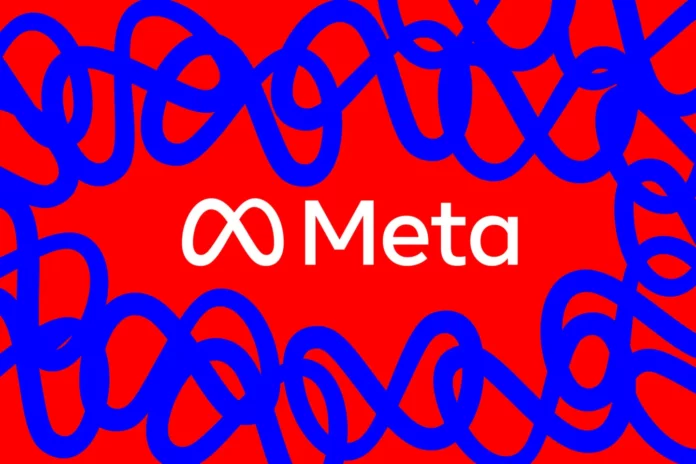Meta has announced the release of Llama 4, the latest collection of artificial intelligence models that now work as Meta AI assistants on the web, as well as on WhatsApp, Messenger, and Instagram. The two new models, which can also be downloaded from Meta’s website or Hugging Face, are Llama 4 Scout, a small model that can “fit into a single Nvidia H100 GPU,” and Llama 4 Maverick, which is more like GPT-4o and Gemini 2.0 Flash. Meta says it is still in the process of preparing the Llama 4 Behemoth, which Meta CEO Mark Zuckerberg says is “the world’s most productive base model.”
According to Meta, Llama 4 Scout has a context window of 10 million tokens – the working memory of the AI model – and outperforms Google’s Gemma 3 and Gemini 2.0 Flash-Lite models, as well as the open-source Mistral 3.1 “across a wide range of well-known benchmarks” while “fitting on a single Nvidia H100 GPU.” Meta makes similar claims about the performance of its larger Maverick model compared to OpenAI’s GPT-4o and Google’s Gemini 2.0 Flash, and says its results are comparable to DeepSeek-V3 in coding and reasoning tasks using “less than half the active parameters.”

Meanwhile, Llama 4 Behemoth has 288 billion active parameters with 2 trillion parameters in total. Although it is not yet released, Meta claims that Behemoth can outperform its competitors (in this case GPT-4.5 and Claude Sonnet 3.7) “across several STEM benchmarks.”
For Llama 4, according to Meta, they switched to a “mixture of experts” (MoE) architecture, an approach that saves resources by using only those parts of the model that are needed to perform a specific task. The company plans to discuss future plans for AI models and products at the LlamaCon conference on April 29.
As with the previous models, Meta calls the Llama 4 collection “open source,” although Llama has been criticized for its license restrictions. For example, Llama 4’s license requires commercial organizations with more than 700 million monthly active users to request permission from Meta before using its models, which, as the Open Source Initiative wrote in 2023, takes it “out of the ‘open source’ category.”









